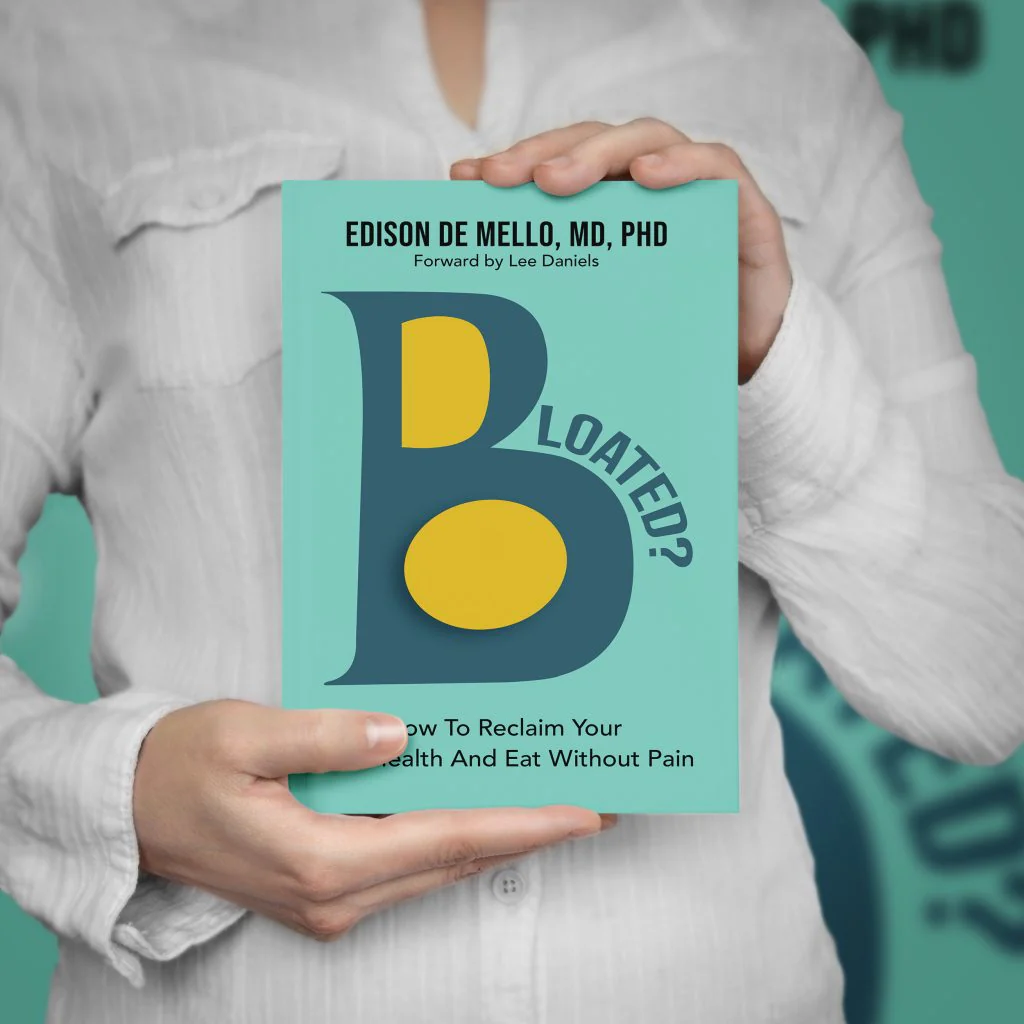The Gut-Mood Connection: How Gut Health Impacts Serotonin
At the Akasha Center for Integrative Medicine, we understand that health is a multifaceted journey, deeply interconnected within various systems of the body. Dr. Edison de Mello, a pioneering expert in integrative medicine, has long emphasized the profound relationship between gut health and overall well-being. In this article, we will explore the fascinating connection between your gut and mood, focusing on how a healthy gut can positively influence serotonin production and emotional health.
The Role of Serotonin
Serotonin, often referred to as the “feel-good hormone,” plays a critical role in regulating mood, sleep, and overall emotional stability. Remarkably, about 95 percent of the body’s supply of serotonin is manufactured in the gut. This underscores the importance of maintaining gut health to ensure optimal serotonin production and, consequently, a stable mood.
The Gut-Serotonin Link
When your gut is unhealthy, it struggles to perform its functions efficiently, including the production of serotonin. An inflamed or imbalanced gut can lead to reduced serotonin levels, adversely affecting your mood and overall mental health. This connection highlights the significance of gut health in preventing and managing mood disorders such as depression and anxiety.
Practical Ways to Improve Gut Health
So, what can you do to ensure your gut is in optimal condition to support serotonin production? Here are some practical steps:
- Adopt a Balanced Diet: What you eat profoundly affects your gut health. A diet rich in fiber, probiotics, and essential nutrients supports a healthy gut microbiome, which in turn aids serotonin production. Incorporating foods like yogurt, kefir, sauerkraut, and fiber-rich vegetables can make a significant difference.
- Reduce Inflammatory Foods: Minimize the intake of processed foods, sugar, and unhealthy fats, as they can contribute to gut inflammation. Instead, focus on whole, unprocessed foods that nourish your gut lining.
- Stay Hydrated: Adequate hydration is crucial for maintaining the mucosal lining of the intestines and supporting the balance of beneficial bacteria in the gut.
- Manage Stress: Chronic stress can negatively impact gut health. Techniques such as mindfulness, meditation, and regular physical activity can help manage stress levels and promote a healthier gut.
- Consider Probiotics: Supplementing with probiotics can help maintain a healthy gut microbiome. Consult with your healthcare provider to determine the best probiotic strains for your needs.

Insights from Dr. Edison de Mello’s Book “Bloated?”
For those looking to dive deeper into the connection between gut health and overall well-being, Dr. Edison de Mello’s book, “Bloated?” offers a comprehensive guide. The book explores practical ways to take care of your gut health, emphasizing its impact on not just mood but also energy levels, the immune system, and mental health. Dr. de Mello describes the gut as the body’s “third brain,” highlighting its crucial role in maintaining overall health.
In “Bloated?”, Dr. de Mello provides detailed chapters on how gut health and emotional health are closely intertwined. He offers practical advice on diet, lifestyle changes, and stress management techniques to optimize gut function and, by extension, serotonin metabolism.
Conclusion
Understanding the gut-mood connection is a vital aspect of holistic health. By taking steps to improve your gut health, you can positively influence your mood and overall well-being. Dr. Edison de Mello’s insights and practical advice provide a valuable roadmap for those looking to enhance their health through better gut care.
If you’re curious to learn more and take control of your gut health, consider reading Dr. de Mello’s book, “Bloated?” and explore the wealth of information it offers. For personalized guidance and support, the Akasha Center for Integrative Medicine is here to help you on your journey to optimal health.


















